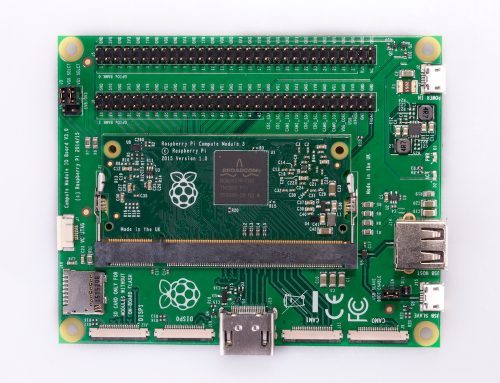Google is looking to bring its work on machine learning and artificial intelligence (AI) to the Raspberry Pi, which could enable the micro computer to be used in ever more diverse ways.
“Google is going to arrive in style in 2017. The tech titan has exciting plans for the maker community,” the Raspberry Pi organisation said on its blog.
“It intends to make a range of smart tools available this year. Google’s range of AI and machine learning technology could enable makers to build even more powerful projects.”
AI and Raspberry Pi
![]() Details on how Google will bring its machine learning and AI tech to the Raspberry Pi have yet to be revealed, but the search giant did conduct a survey asking developer for feedback on what tools and software they currently and would find useful for the Raspberry Pi.
Details on how Google will bring its machine learning and AI tech to the Raspberry Pi have yet to be revealed, but the search giant did conduct a survey asking developer for feedback on what tools and software they currently and would find useful for the Raspberry Pi.
Such tools included the use of machine learning and image recognition algorithms and the ability to use machine learning for home automation.
“We at Google are interested in creating smart tools for makers, and want to hear from you about what would be most helpful,” Google’s survey said, revealing little into is roadmap for working with the Raspberry Pi.
Details maybe tin on the ground, but Google already open sources its TensorFlow software library which can be used to train and test artificial neural networks, core components to some of the more advanced machine learning and AI algorithms.
As such, joining forces with Raspberry Pi, which has an active community of developers and hobbiest tech tinkerers which has created all manner of devices out of the micro computer, could help Google find new ways to put its machine learning technology to use as well as work with the community to enhance its work on AI systems.
Google’s current standout AI technology is the Google Assistant found in the company’s Pixel smartphones and its smart home hub, though the machine learning powered virtual assistant is also set to make its debut in cars as well.
For Raspberry Pi the partnership could be interesting as it could help retain the appeal of the organisations micro computer in the face of emerging rivals such as the Asus Tinker Board.





